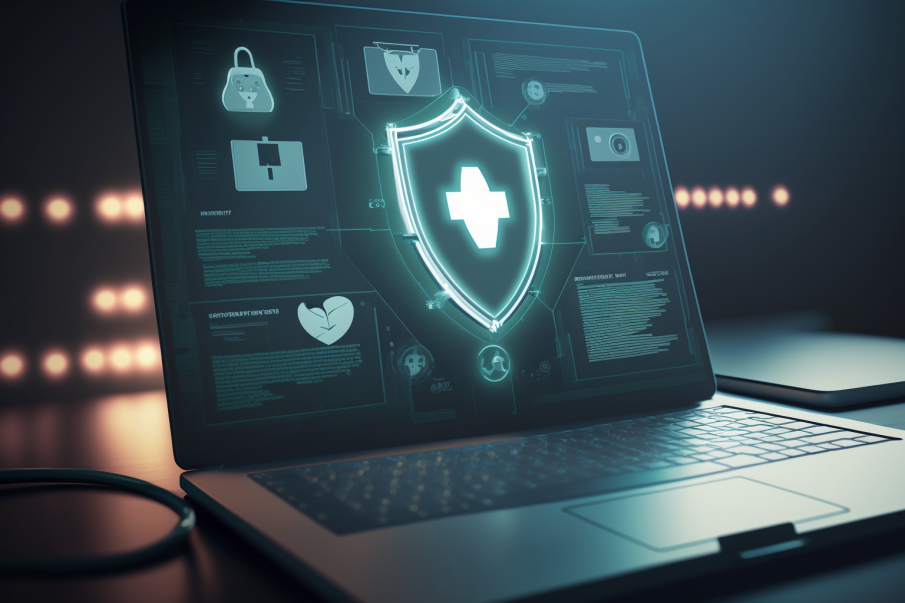
With the growing popularity of the internet and digital health services, our health data is becoming more accessible than ever before. From fitness trackers to medical records, these technologies allow us to monitor our health and access medical care with ease. However, the convenience of these services comes with a significant risk: our health data is a prime target for cyber criminals on the dark web.
The dark web is a hidden corner of the internet that is not indexed by search engines and can only be accessed through specific software. It is notorious for being a hub for illegal activities, including the sale of stolen personal information. Health data is particularly valuable to cyber criminals because it contains sensitive information that can be used for identity theft, insurance fraud, and other illicit activities.
Health data breaches
Data breaches in the health care industry are becoming increasingly common. 2022 marked as the second-worst year in history for data breaches with over 700 breaches. This is a significant increase from previous years, and the trend shows no sign of slowing down. 4 months ago, health data of over 10 million Australians was leaked and uploaded on the dark web after Australia’s largest health insurance provider, Medibank’s database was breached.
Once health data is stolen, it can be sold on the dark web to other cyber criminals who can use it for their own purposes. For example, stolen health data can be used to create fake prescriptions for controlled substances or to submit fraudulent insurance claims. It can also be used to gain access to other sensitive information, such as financial records or social security numbers.
One of the reasons that health data is such a lucrative target for cyber criminals is because it is often poorly secured. Many healthcare providers use outdated software systems that are vulnerable to hacking, and they may not have the resources to invest in robust cybersecurity measures. Additionally, patients may unknowingly share their health data with unsecured third-party apps or websites, further increasing their risk of a data breach.
What can hackers do with my health data
Stolen data can be used to develop convincing spear phishing, smishing, and vishing campaigns, where the attacker impersonates a hospital or health insurer. Medical records contain highly sensitive information about medical conditions, pregnancies, abortions, and sexual health tests, and that information can easily be used for extortion and blackmail.
Patient data stolen from healthcare organizations is often processed and packaged with other illegally obtained data to create full record sets (fullz) that contain extensive information on individuals, often in intimate detail. These full record sets are often sold on dark web sites to other criminals who use the data to obtain documentation. The documentation allows an identity kit to be created, which can then be sold for considerable profit to identity thieves or other criminals to support an extensive range of criminal activities.
What can I do?
Protecting your health data is essential to safeguarding your identity and preventing fraud. Here are a few tips to keep your health data safe:
- Only share your health data with trusted healthcare providers and services that use secure technology to store and transmit your information.
- Be cautious when sharing health data with third-party apps or websites. Research the app or website before sharing your data to ensure that it is reputable and secure.
- Regularly monitor your credit report and bank statements for suspicious activity that could indicate identity theft or fraud.
- Use strong passwords and two-factor authentication to protect your online accounts.
- Stay informed about the latest cyber threats and data breaches. Sign up for alerts from your healthcare provider and other trusted sources.
In conclusion, our health data is a valuable target for cyber criminals on the dark web. By taking steps to protect our health data, we can reduce our risk of identity theft, insurance fraud, and other illicit activities. Stay vigilant and stay safe.
Really very gd information. Now aways every body is insured. After reading this blog we will definitely take full precautions . Thanks . Waiting for next blog.